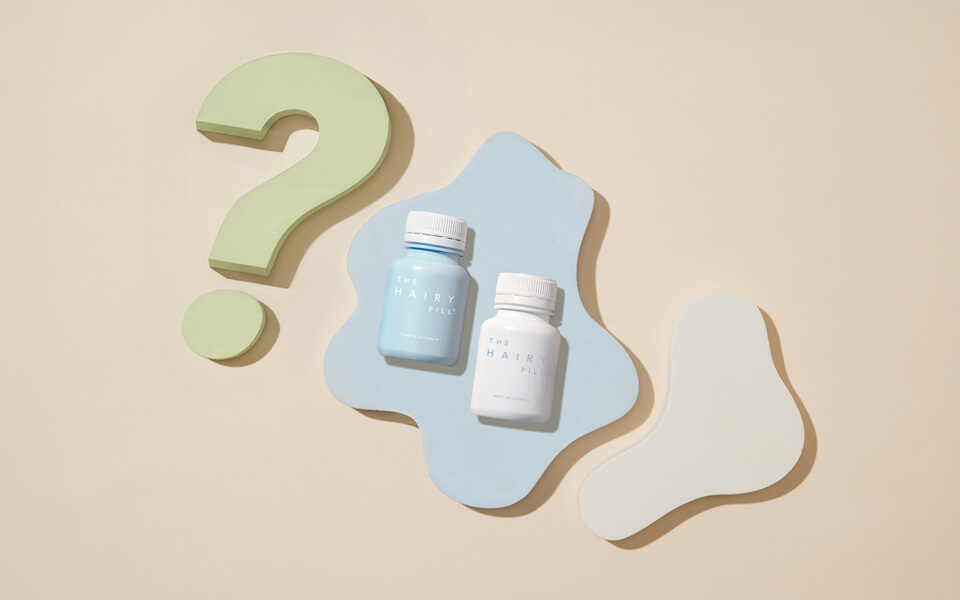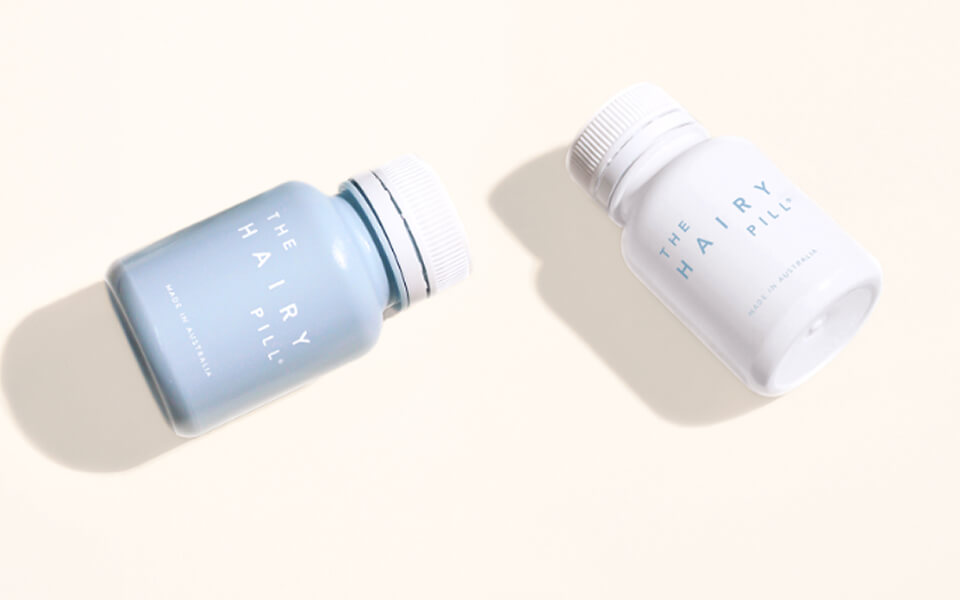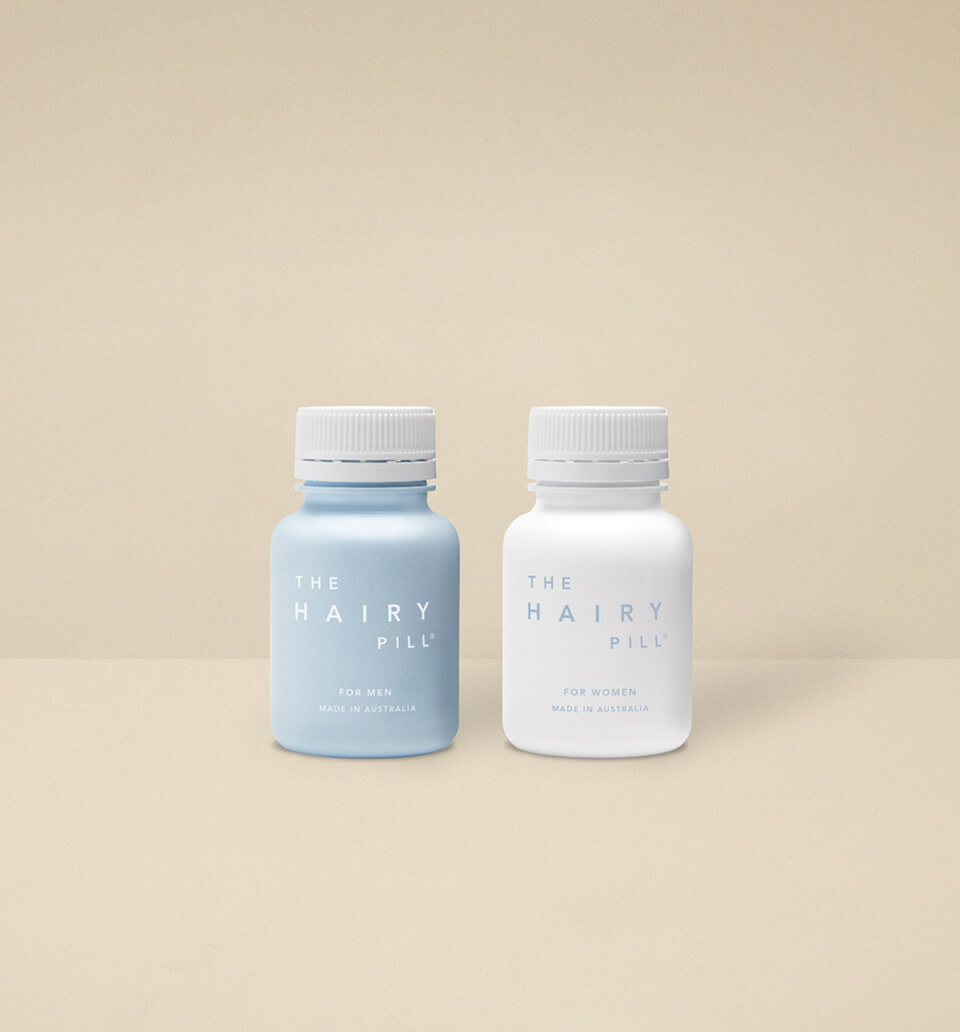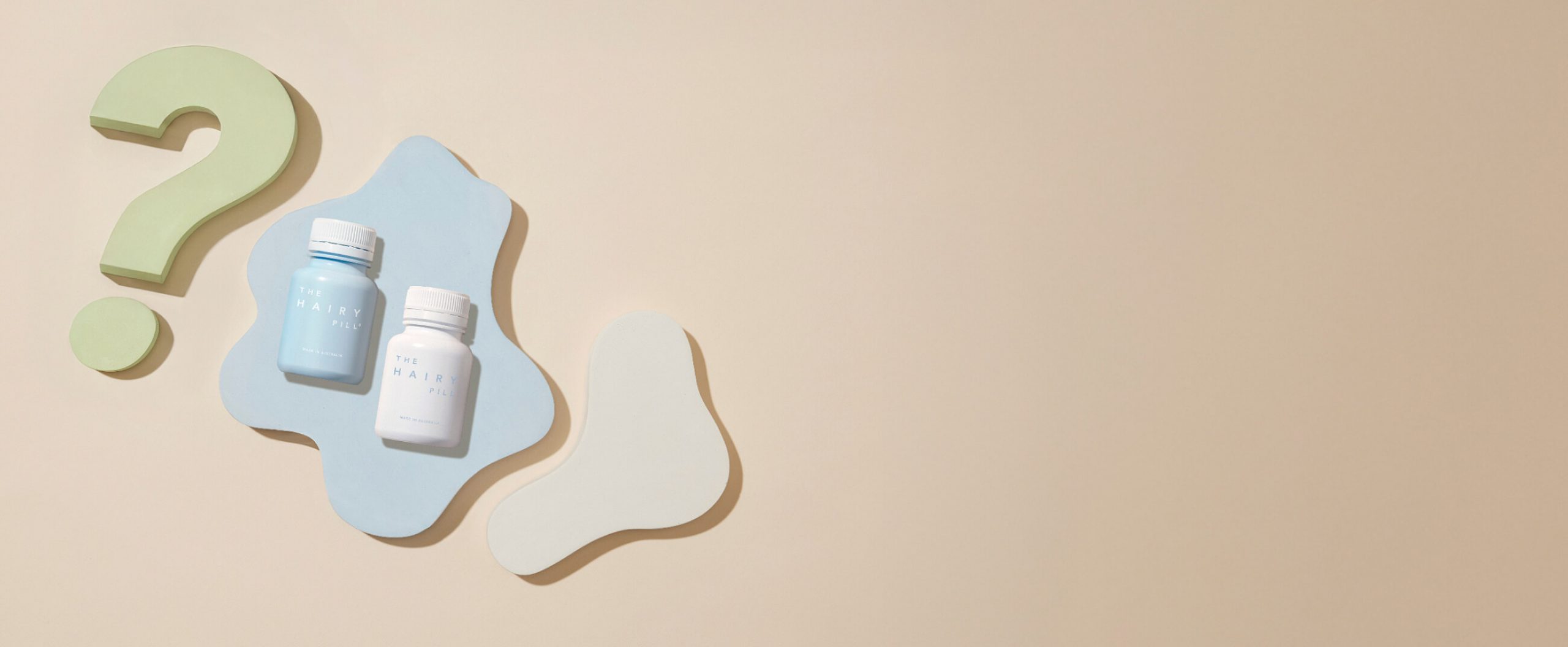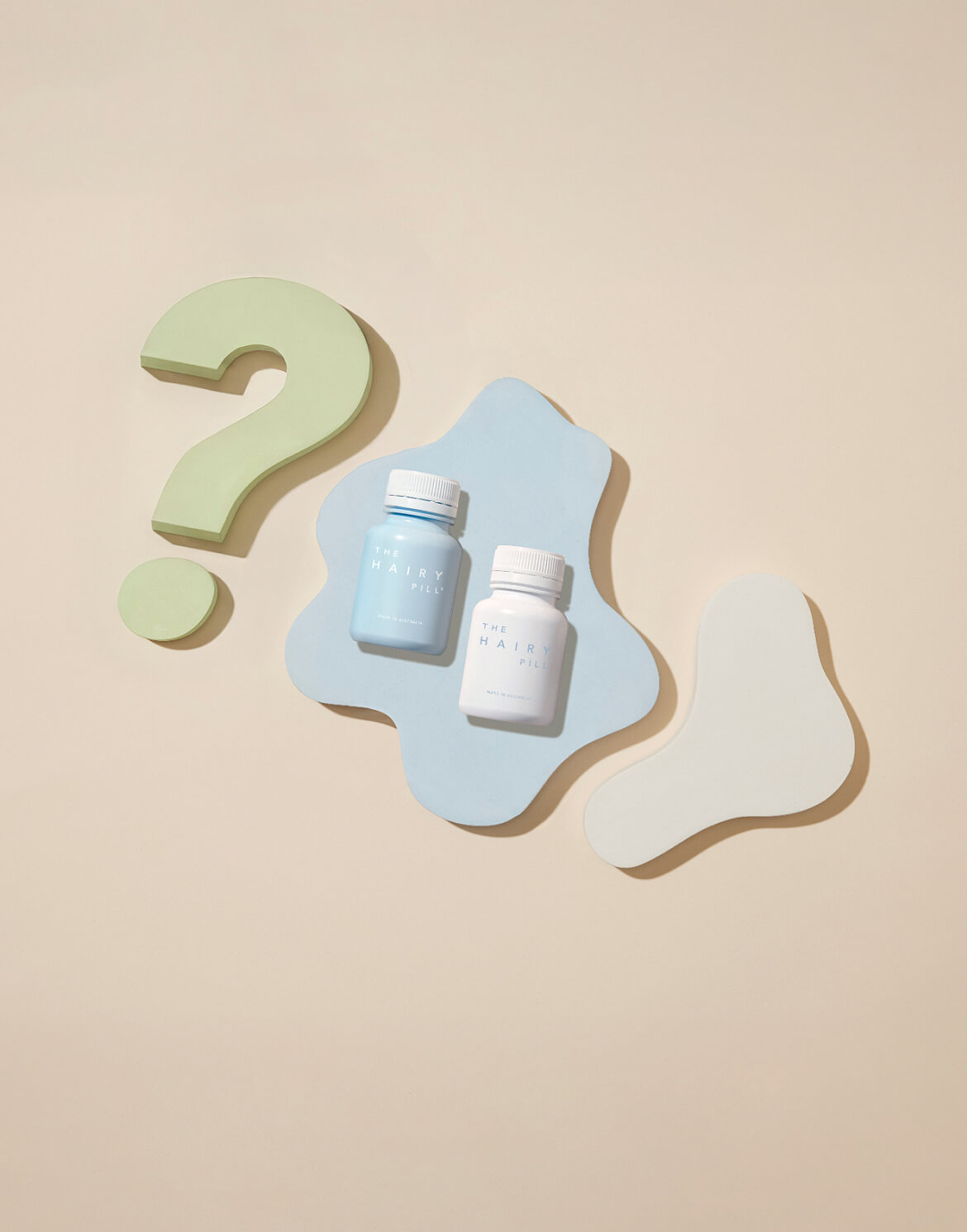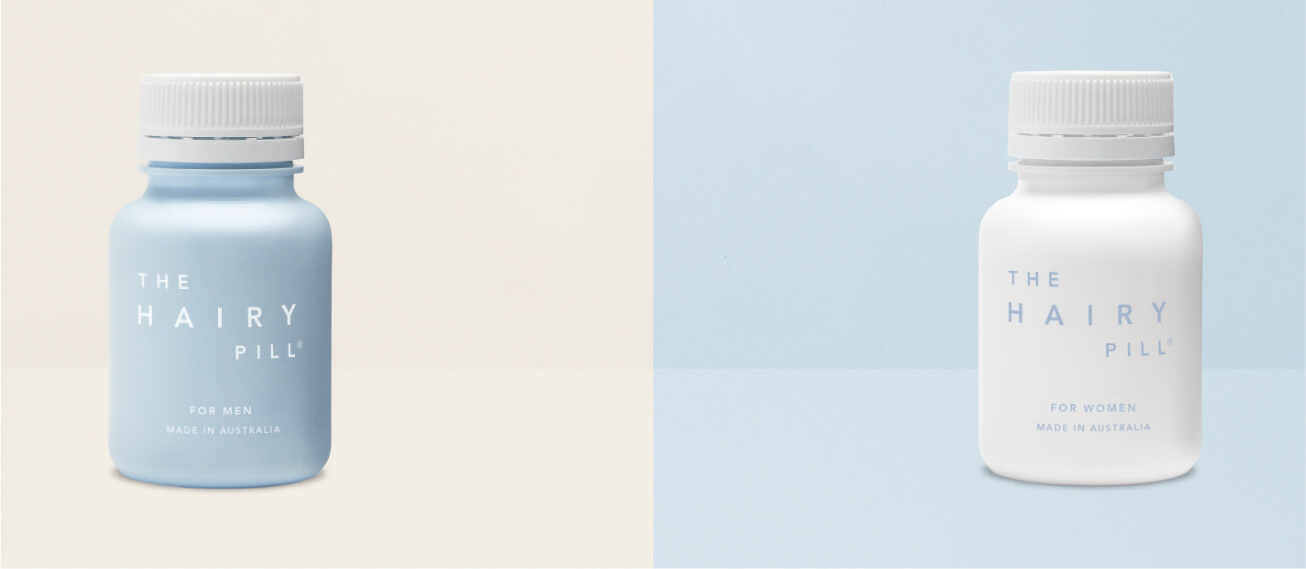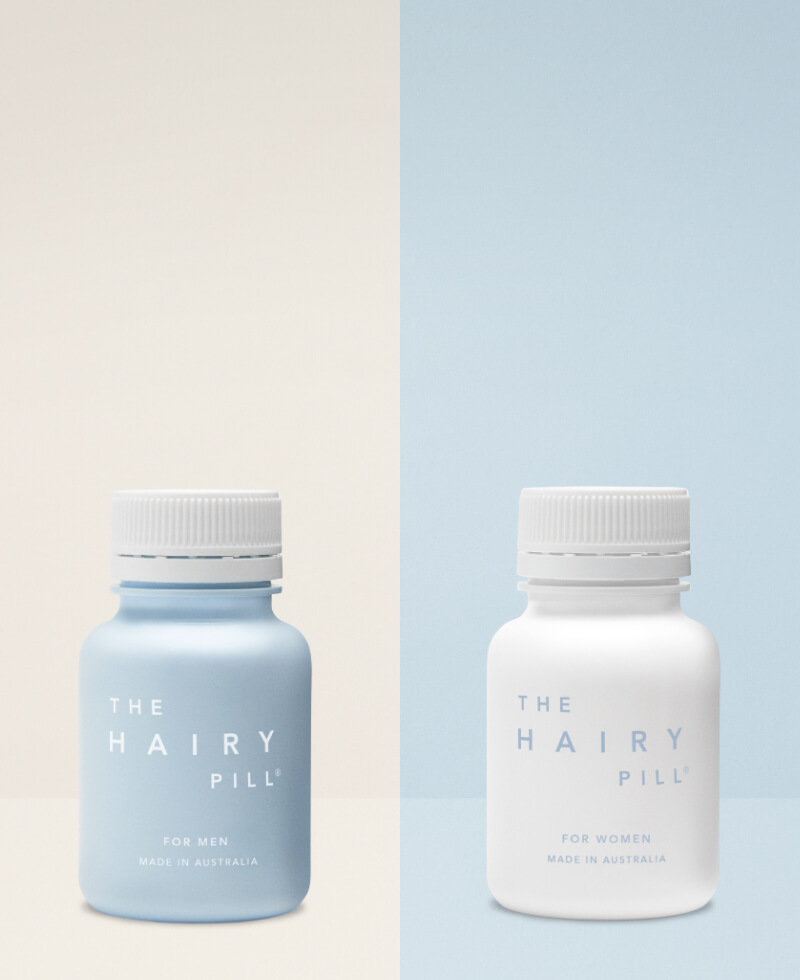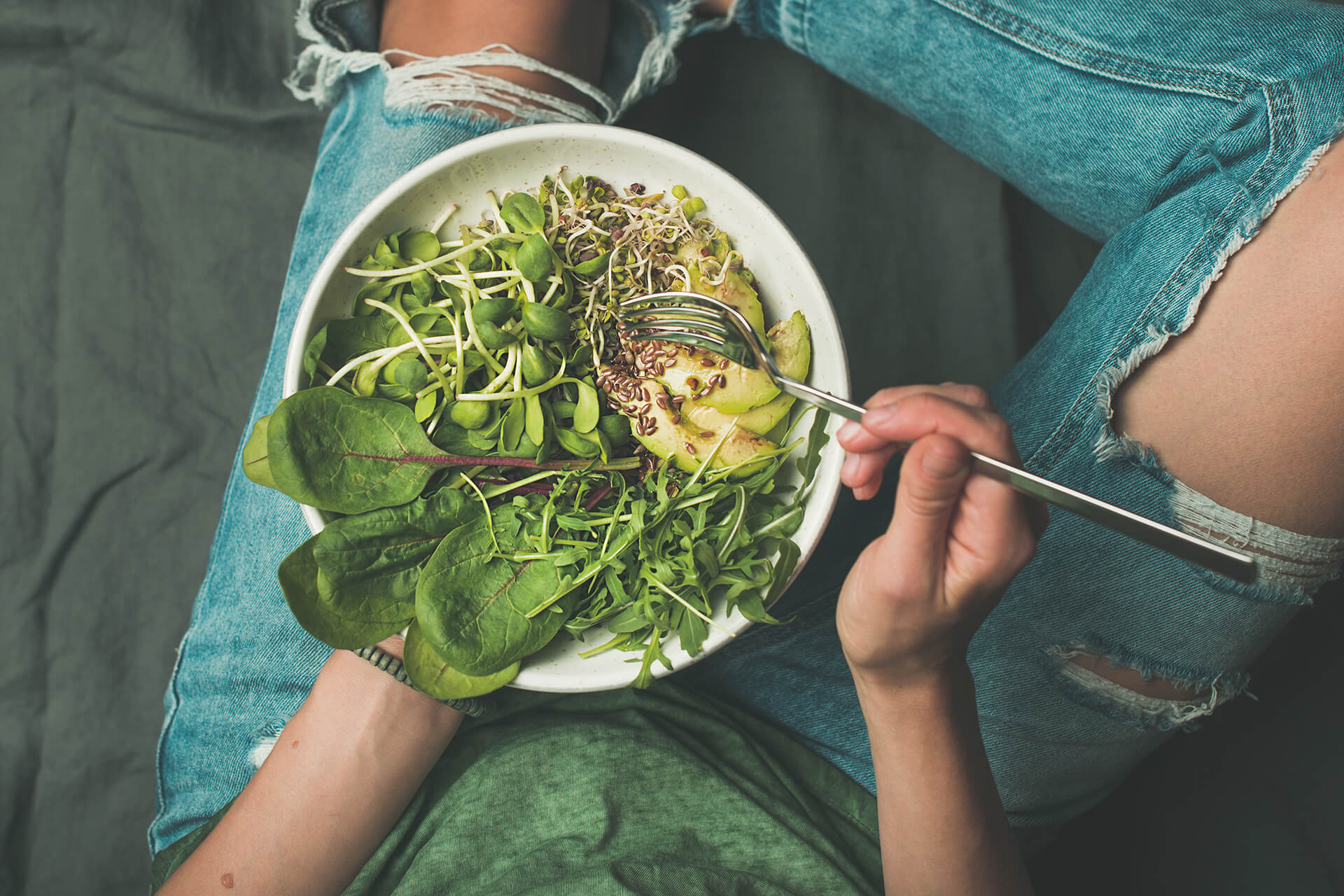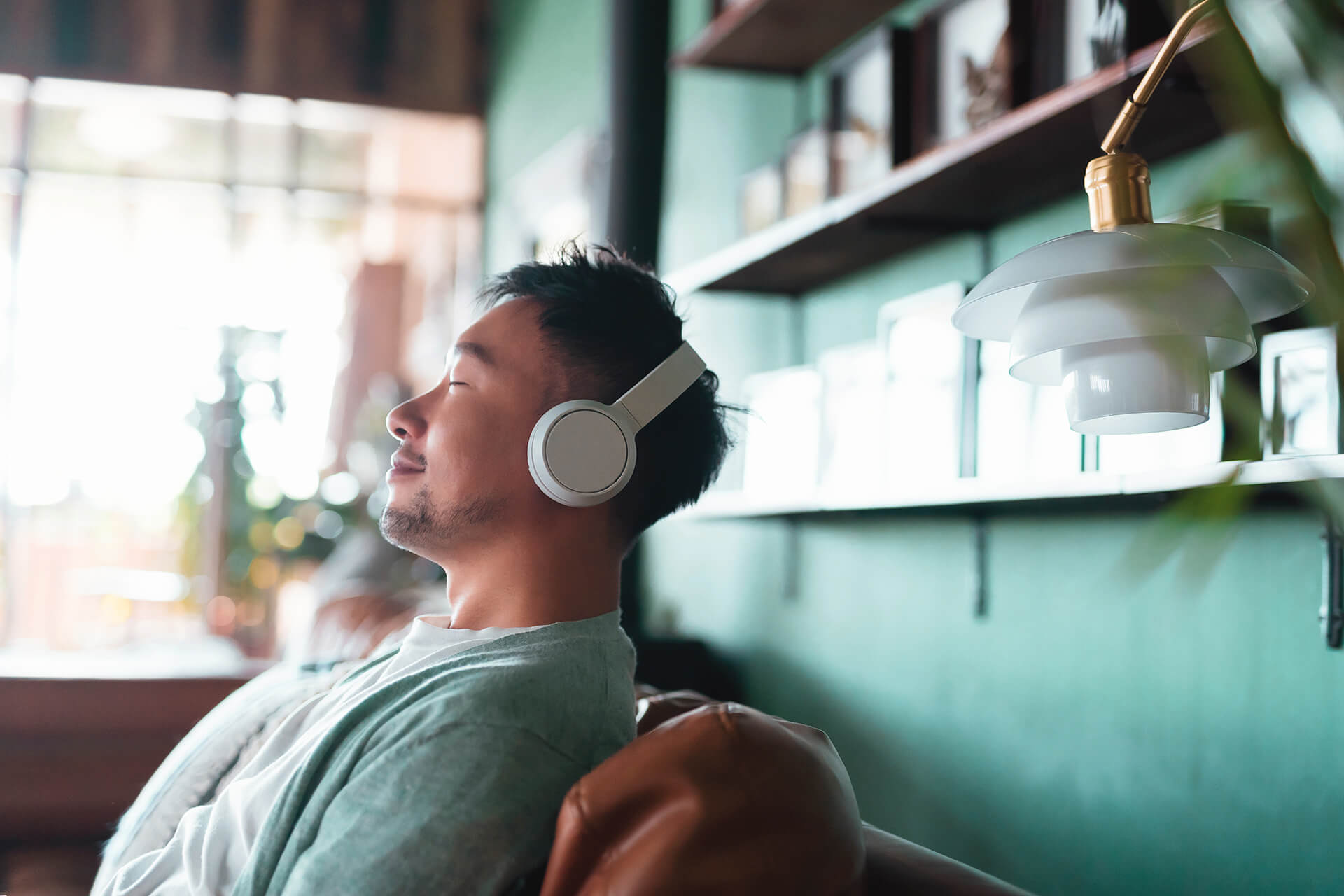Curly hair can be a handful but once you’ve found the right routine, it’s much easier than you think to get healthy curly hair — and keep it.
In this post, we’ll look at everything from the products you use to how you sleep to help you find the Goldilocks solution for your curly locks.
But first, let’s take a look at the different curly hair types. There’s a broad spectrum when it comes to curls, from gentle waves to tight coils. And that will affect how you can maintain healthy hair for the long term.
Types of Curly Hair
Knowing your curly hair type can be handy. It helps you understand why your hair behaves the way it does. It helps you find the right routine for your hair and give the right instructions to your hairdresser.
Hold onto your curls because it gets a little technical…
There are three main types of curly hair and within these types, there are categories, simply called A, B, and C, which indicate the degree of curliness. Type A hair won’t be as tightly curled as Type C.
But let’s make one thing clear.
You can have more than one hair type. Your hair might be curly at the front and straight at the back — or vice versa. It may be curlier in humid weather and straighter in dry.
So take these hair types with a grain of salt. They can be helpful — but they’re not gospel.
Type 1 (straight)
Type 1 hair is as straight as you can get. One hundred percent cardboard straight. But this post is about curly hair so let’s move right along.
Type 2 (wavy)
Think beach waves or gentle curls. Type 2 hair is often flatter near the scalp and wavier towards the tips. It tends to be straight when it’s wet before developing waves as it dries.
It’s easy to comb and straighten or to make even curlier. Heavier curling creams will weigh it down but a volumiser might add the texture you’re looking for.
Type 3 (curly)
We’re venturing into ringlet territory. Type 3 hair is a little more springy, ranging from big loose, spiral curls to tight corkscrews. Your hair might be full-bodied and you may grapple with frizz and breakage.
Moisturising becomes more important with Type 3 curly hair to keep the frizz at bay — especially as you get to the curlier end of this hair type.
Type 4 (coily)
Type 4 hair is prone to kink, which means the hair is more likely to zig-zag than wrap around itself. Each strand can shrink up to 75% of its actual length.
This hair type is heavily textured and can tangle easily. It also has high porosity, which means that it loses moisture fast. Moisturising and hydrating are essential for Type 4 hair health.
Discover if The Hairy Pill® is right for you.
Take our short hair health quiz and we will work out if The Hairy Pill® can help you and your hair.
Take the quizThe Ideal Curly Hair Routine
Now that you’ve found your hair type, keep it in mind as you read these tried-and-true methods for getting healthy curly hair. Your final curly hair routine will depend entirely on whether you have Type 2 (A) hair or Type 4 (C) hair.
Allow Time Between Washes
Shampooing every day isn’t a good idea for people with curly hair. Shampooing can strip the hair of its much-needed natural oils and leave it dry and frizzy. And with curly hair, it takes longer for the oils to work their way down the hair shaft.
So it’s important to give your hair some space between shampoo washes. How often you wash your hair is up to you. You know your hair best. But for curly hair types, less is better. Start with every third day. Some people with Type 4 coily hair can go even longer.
Don’t forget: It’s important to wash your hair every 2–3 weeks at a minimum to keep your scalp healthy.
Find the Right Shampoo for Curly Hair
Curly hair craves moisture so the best shampoos are those that contain nourishing ingredients that don’t strip the oils from your scalp.
Avoid shampoos that contain sulphate (more on that below) and opt instead for shampoos with botanical oils, like coconut oil, and butters, like shea butter.
Consider Co-Washing
Don’t worry. Co-washing isn’t a collaborative task as the name might suggest. The term is short for conditioner-washing and involves skipping the shampoo and washing your hair and scalp with conditioner instead. It’s best to alternate co-washing sessions with an occasional shampoo sesh.
Choose the Right Conditioner for Your Hair Type
Curly hair has a spiral structure, which opens up your cuticles. That means it absorbs moisture easily but struggles to keep it in.
Because of this, conditioner is essential for curly hair but the type of conditioner you use is important too. A conditioner with silicones will coat the strands and make it harder for moisture to penetrate.
For fine, curly hair, use a lighter conditioner or you’ll weigh your curls down. Those with Type 4 hair will do better with a heavier conditioner or even a conditioning mask — more on that below.
And lastly, conditioning isn’t just for after shampooing. Curly heads may benefit from conditioning beforehand too as the conditioner ensures the shampoo doesn’t strip the hair strand of natural oils.
Gently Dry
There’s a fine line between curly hair and frizz. But one of the easiest hair care swaps you can do is exchanging the terry cloth bath towel for an old cotton T-shirt or a microfibre towel.
Avoid rubbing, which can break the hair. Instead, let the towel/t-shirt absorb the moisture. Try letting your hair air dry completely or gently blot it dry by pressing and twisting your hair rather than roughly rubbing it.
Use a Wide-Tooth Comb
With curly hair, your cuticles are often slightly lifted, which means daily friction can create knots. Going rough on the tangle by brushing with a regular hairbrush is a surefire way to break your brittle curls, upset your natural hair texture, and create more frizz.
Instead, use a wide-tooth comb and work from the bottom. That’s right! Don’t hack at your curls from the top. Instead, gently remove knots from the tips, working your way up. You can even ditch the comb and rake your hair with your fingertips.
You can even comb your hair in the shower while the conditioner is still in, or apply a detangler to your hair once you’re out of the shower. This creates a protective barrier around your strands while reducing unnecessary breakage.
Add Natural Oils Every Day
It’s harder for natural oils to travel down curly hair so you’re giving your hair a little head start by adding a moisturising product to seal in hydration and create a protective barrier.
Consider natural oils. You can leave them in overnight to make styling extra easy in the morning. Here are some natural oils to try:
- Argan oil
- Avocado oil
- Castor oil
- Coconut oil
- Jojoba oil
- Rosemary oil
- Baobab oil
Alternatively, consider a spritz of leave-in conditioner post-wash. One that contains keratin is especially good for curly hair.
Apply a Hair Mask
Hair masks can help deeply condition your hair with ingredients like honey, banana, avocado, or coconut oil.
They work their best magic when they’re applied at night and left overnight to infuse your hair shafts with nutrients. Then simply wash it out in the morning. For very dry curls, consider applying the mask once or twice a week.
Sleep with Silks
Frizzy hair getting out of hand? Your pillowcase could be the culprit. Rubbing your curls against your pillowcase can cause friction that breaks or damages your hair.
Tossing and turning doesn’t help but it’s unreasonable to ask you to sleep as stiff as a hairspray-heavy updo. Instead, there are other ways to prevent night-time friction and damage.
Curly hair is best preserved when you pile it up in a loose ponytail on top of the head or a loose braid before you hit the sack.
But for additional protection, give silk a whirl. Silk pillowcases, scrunchies, and turbans or bonnets reduce tangles and breakages — especially if you’re prone to tossing and turning.
Ready to start your hair growth journey?
- Free express shipping
- Unlimited doctor consultations
- Simple once a day treatment
Things to Avoid
There are a couple of things that could be doing more harm than good in your hair care routine. Consider these ‘don’ts’ for curly hair:
Hot Water
Hot water can strip your hair of natural oils. But more importantly, it can open up your cuticles, allowing moisture to escape and causing frizzy and brittle hair. Instead, lukewarm or cold water seals your cuticles, helping to lock in moisture and strengthen your strands.
Sulphates
Sulphates help your shampoo foam up but they can also strip your hair of natural oils and leave it brittle and dry. Instead, avoid these foaming agents and opt for sulphate-free hair care products.
How do you know what to avoid?
Keep an eye out for sodium lauryl sulphate (SLS) and sodium laureth sulphate (SLES) in the ingredients list or look out for shampoos that state that they are free of SLS and SLES.
Heat Styling Tools
If you’ve learned anything by now, it’s that moisture is the key to healthy curly hair. Naturally, heat styling tools are likely to strip that moisture and frequent use can create brittle hair or split ends.
Straighteners, curling irons and hairdryers can all dry out your hair so it’s best to avoid over-using them. And if you do love a good blow dry, consider applying a heat protectant to your hair beforehand.
One Last Thing — Prevent Hair Loss and Restore Your Locks with a Personalised Hair Growth Treatment
Curly hair isn’t immune from hair loss. But if there’s one thing we know by now, it’s that hair — and hair loss — is personal. That’s why the best hair loss treatments are those that are personalised to you.
That’s what The Hairy Pill® is.
A hair loss treatment made for you. In one pill, taken daily.
We have dedicated hair loss treatments for men and hair loss treatments for women. Even then, there are 650+ different combinations of ingredients so you can get a pill made specifically for your body’s needs.
There’s more. The treatment uses underlying technology invented by Australia’s best dermatologist and includes regular consultations with a doctor, with the ability to adjust the ingredients and doses to suit your needs. Ready to give it a go? Get started now.

